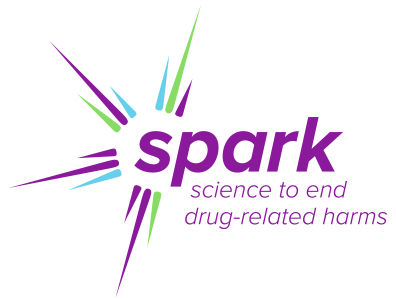Our Goals
TADA, funded by the National Institute on Drug Abuse, was created to prepare a diverse cadre of 21st century social and behavioral science (SBS) researchers to develop transformative approaches to end the substance use disorder (SUD) crisis by applying advanced data science methods to analyze big data.
Supported by Emory faculty mentors from across the University, TADA prepares trainees to ethically, critically, and seamlessly integrate advanced data science methods into the SBS research lifecycle for SUD.

Trainees will learn to:
- Conduct theoretically-informed studies of distributions and ecologies of SUD-related harms using advanced data science methods;
- Conduct theoretically-informed studies motivating and assessing policies and programmatic interventions that may affect SUD-related harms and services;
- Disseminate findings to multiple stakeholder communities to strengthen efforts to end SUD-related harms;
- Critically apply principles of the ethical and responsible conduct of research
Click here to learn more about TADA Opportunities.
